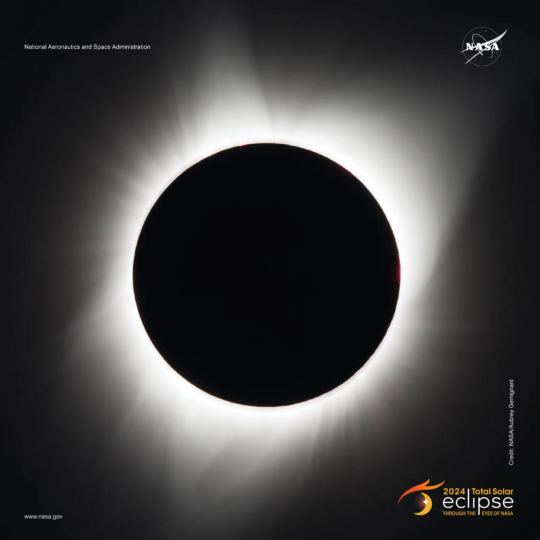On Monday, April 8, 2024, Niagara College campuses will remain open for essential end of term activities. Staff whose work does not require an on-campus presence may be asked by their supervisors to work remotely.
Those travelling to campus should plan their route and leave extra time, as an influx of visitors to the region could create significant traffic congestion and delays.
In the afternoon on April 8, a solar eclipse – when the moon moves between the earth and the sun, casting its shadow on the Earth – will take place. The Niagara Region will be within the path of totality and will be among the most popular places in Canada to view it. During this event, the sky will darken as if it were dawn or dusk. The eclipse will begin at approximately 2:04 p.m., with totality beginning at 3:18 p.m. Totality will end at 3:20 p.m., but the full eclipse ends at 4:31 p.m.
A rare and exciting event, it’s also important to remember the safety risks associated with an eclipse. Looking directly at the sun during the eclipse at any time other than the brief period of totality (without appropriate protection) presents a risk of permanent eye injury. It is essential to wear special, ISO-certified eclipse glasses with filters to view the eclipse. Ordinary sunglasses or eyeglasses will not provide protection. Eye protection needs to be worn at all times EXCEPT the few minutes during totality.
The College has purchased a limited supply of solar eclipse glasses for staff, faculty and students who will be on campus during the eclipse. All employees and students working outside during the solar eclipse must wear supplied eclipse glasses. An announcement will be made about where and when glasses will be distributed. Supervisors will ensure those required to work outside on April 8 receive their glasses in advance.
The College will not host any eclipse-specific events but we encourage supervisors and faculty to build flexibility into their schedules to account for travel delays and, where possible, to allow members of the college community an opportunity to safely view the eclipse. The brief period of totality will occur from 3:18 to 3:20 p.m. but the whole event will be of interest.
Please learn more about solar eclipse safety on the Niagara Region website.
Thank you for your cooperation and for sharing in our commitment to safety at NC.


